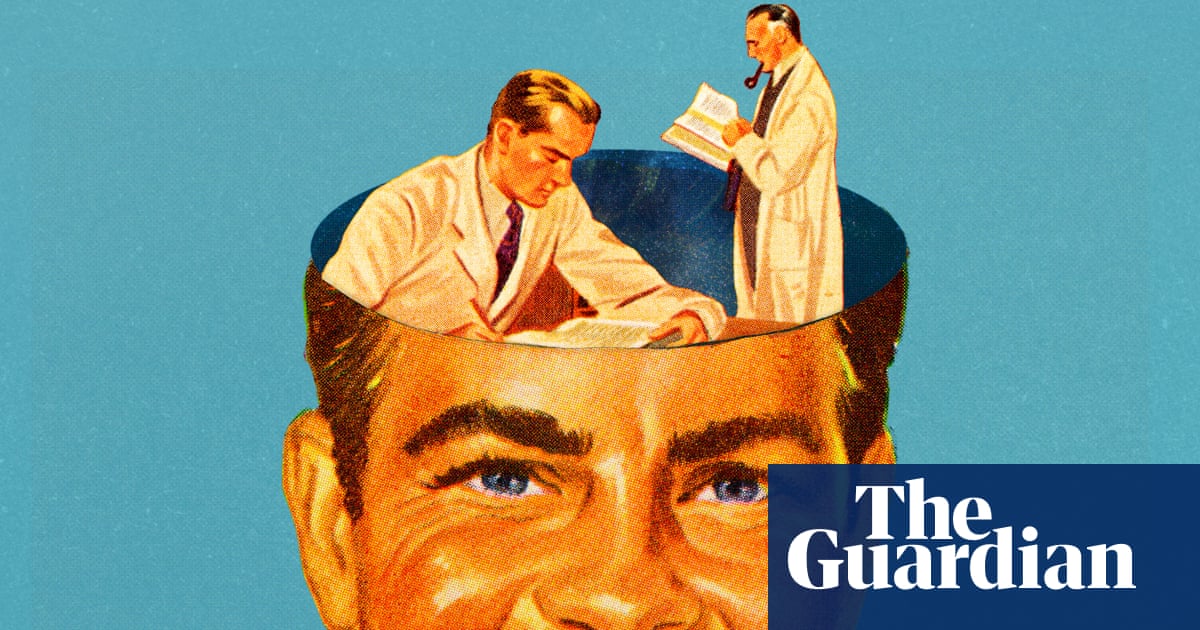
"AE Housman, the English classical scholar and poet, often took a walk after lunch. During one walk he was exceptionally creative unconsciously. As he strode along, a stanza came to him, and almost immediately afterwards a second stanza wafted his way. He saw the words in front of him and had only to note them down. He knew he wanted to write a poem with four stanzas and after he'd written out the first two"
"and had a cup of tea, he set off on a second walk. The third stanza occurred to him, and again he didn't have to make any conscious effort. He waited on tenterhooks for the fourth and final stanza that would complete the poem. It failed to arrive. After three stanzas, the unconscious apparently felt it had done enough and Housman's conscious mind would have to think of the fourth for itself."
Creative insight often emerges without conscious effort when the brain continues working on a problem during other activities. Conscious preparation involves setting goals, gathering knowledge, and saturating the mind with relevant material. Incubation can allow the unconscious to produce complete ideas or solutions while attention is directed elsewhere. The unconscious may stop producing at any point, requiring deliberate conscious thought to finish or refine the work. Historical examples show unconscious generation of multiple creative stanzas during walks, and formal models of creativity describe preparation as the initial, knowledge-gathering phase.
Read at www.theguardian.com
Unable to calculate read time
Collection
[
|
...
]